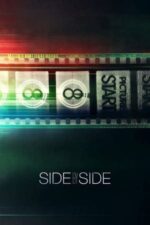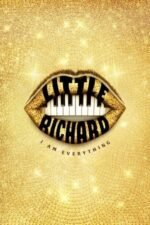When Art Blows Up: Exploring the Artistic Revolution on Screen
Isn’t it thrilling when art just… breaks something? Not in a destructive way, but in a way that shatters expectations and redefines what's possible? That’s what I think of as an artistic revolution – a moment where creators actively challenge conventions, push boundaries, and ultimately change the landscape. And cinema, being such a dynamic medium, has seen its fair share.
It's easy to get caught up in the technical aspects of these shifts, which is why documentaries like Side by Side are so fascinating. Seeing James Cameron geek out about the possibilities of digital filmmaking alongside David Lynch waxing poetic about celluloid – it’s a beautiful clash of perspectives! The film really highlights how technology isn't just a tool; it's a catalyst for artistic change, forcing filmmakers to rethink their approaches and aesthetics. Think about the jump from silent films to talkies - that was a revolution in itself, wasn't it? Suddenly, storytelling had this whole new dimension of sound and dialogue!
But an artistic revolution isn’t just about technology. It's also about challenging societal norms and power structures. Consider how Little Richard, the subject of Little Richard: I Am Everything, fundamentally disrupted popular music in the 1950s. He wasn't just singing; he was embodying a flamboyant, unapologetically queer identity at a time when that simply wasn’t visible (or accepted) in mainstream culture. The film brilliantly exposes how his contributions were often whitewashed and minimized, highlighting the systemic erasure of Black artists and LGBTQ+ voices within music history – a revolution born from defiance and self-expression.
You see echoes of this spirit throughout cinema history. French New Wave directors like Jean-Luc Godard actively rejected traditional narrative structures, embracing improvisation and handheld cameras to create a raw, immediate feel. Or consider the rise of Dogme 95, with its strict filmmaking rules designed to strip away artifice and return to cinematic essentials. Even something as seemingly straightforward as the superhero genre has undergone revolutions – think about how Black Panther not only redefined representation in blockbuster films but also injected a powerful dose of Afrofuturism into mainstream consciousness.
Ultimately, an artistic revolution isn't just about creating something new; it’s about questioning why we create and what stories deserve to be told. It's about challenging the status quo and leaving a lasting impact on how we see the world – and ourselves. And that, my friends, is truly exciting.
What films do you think sparked an artistic revolution? I’d love to hear your thoughts!





















